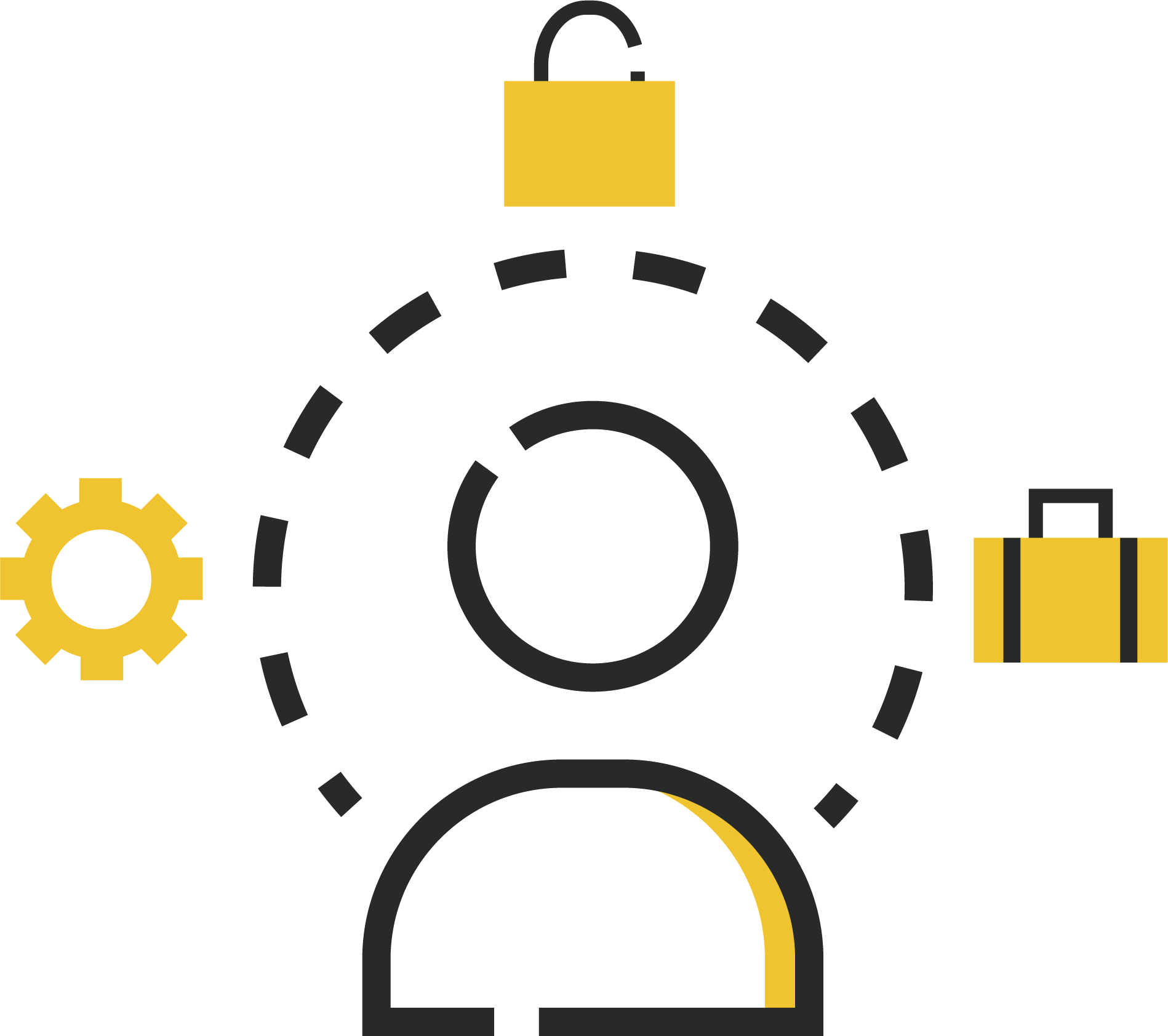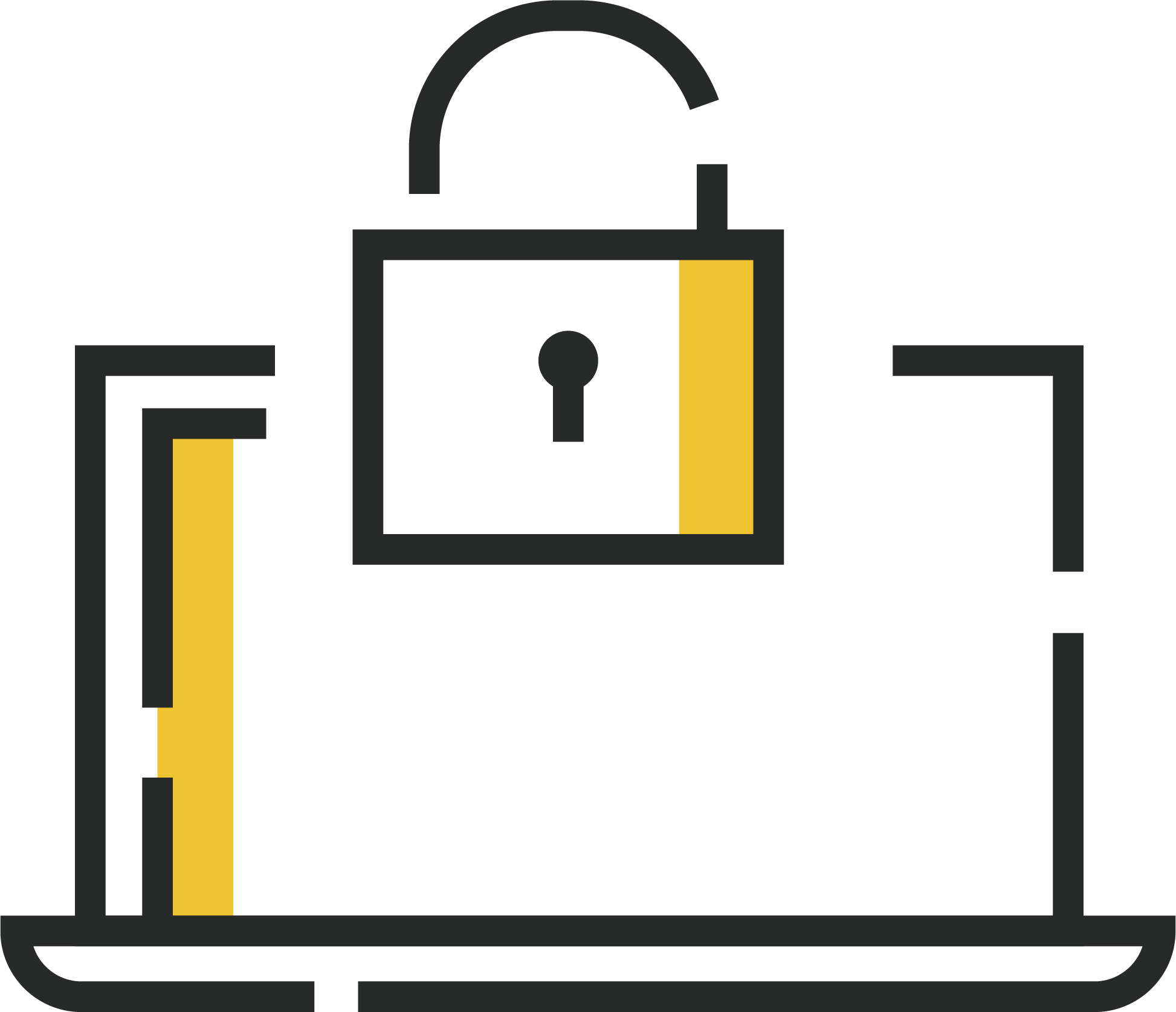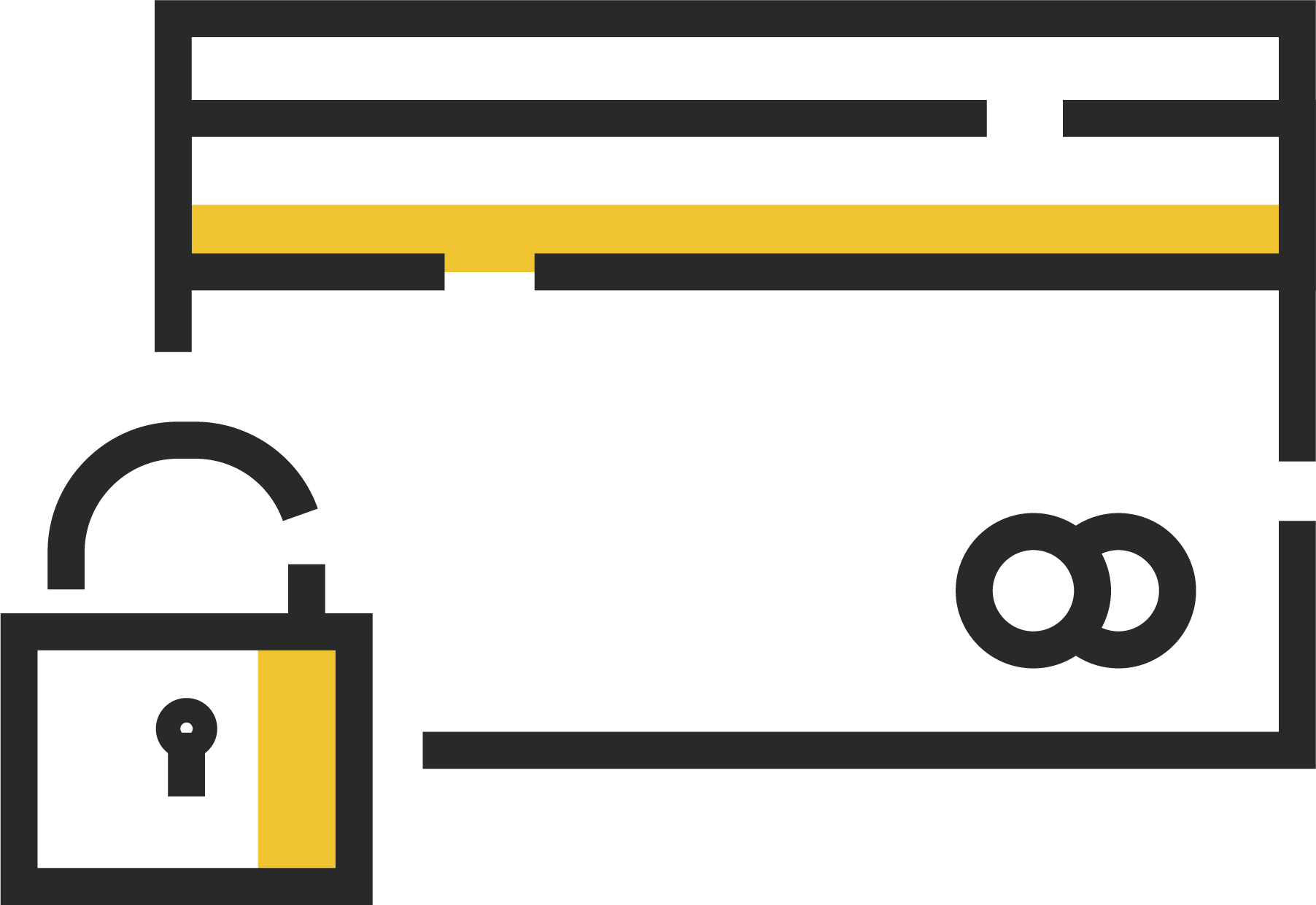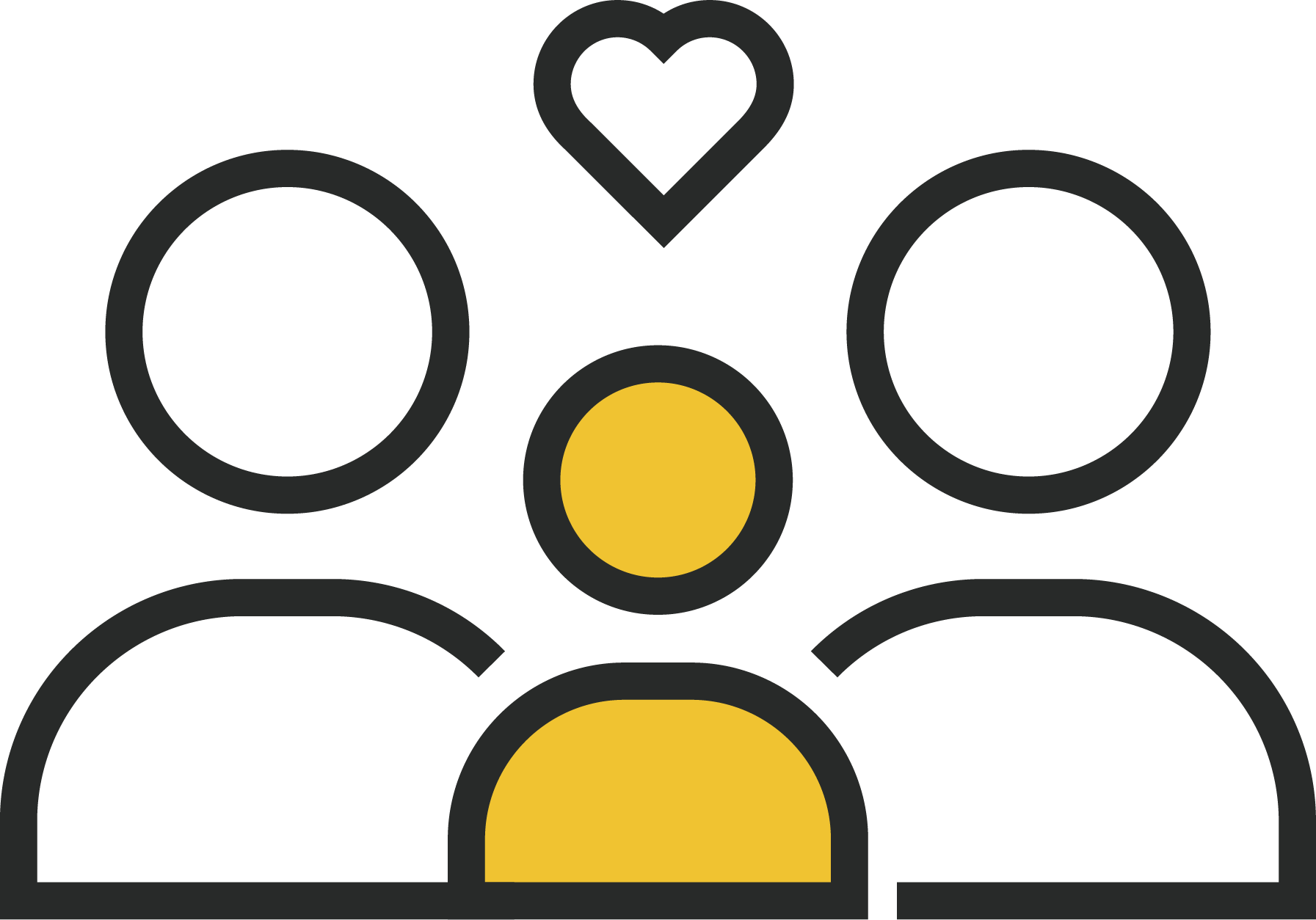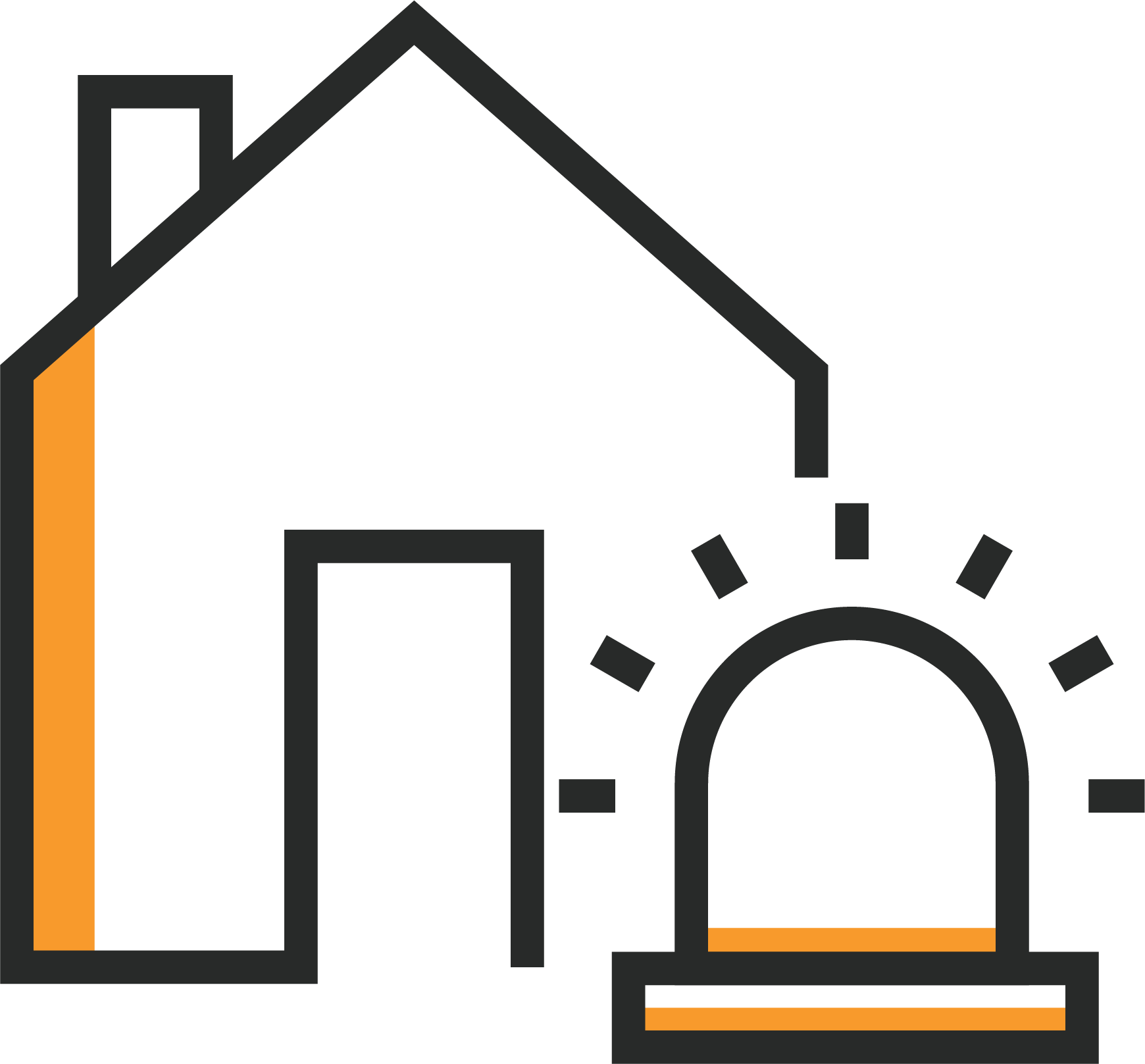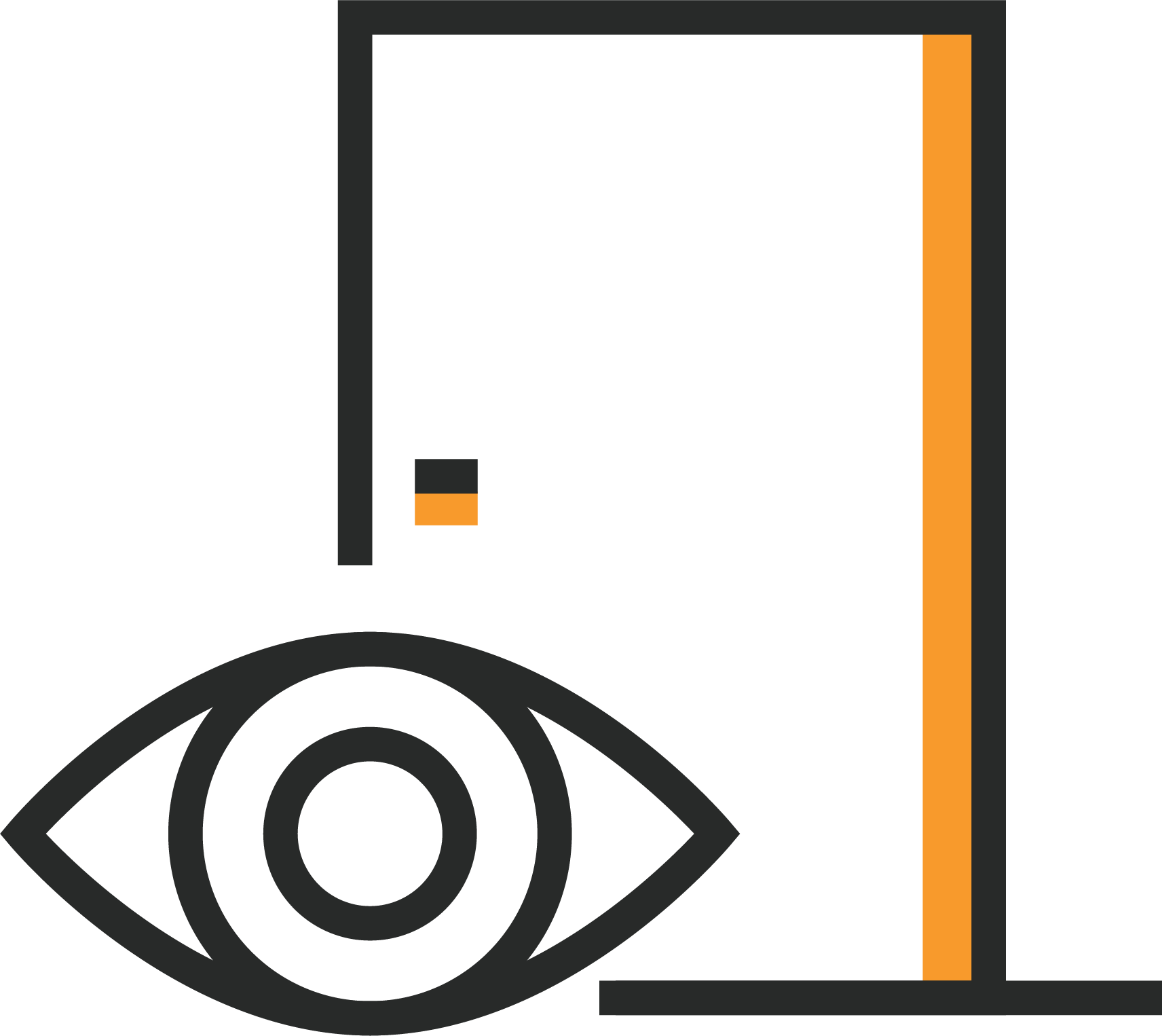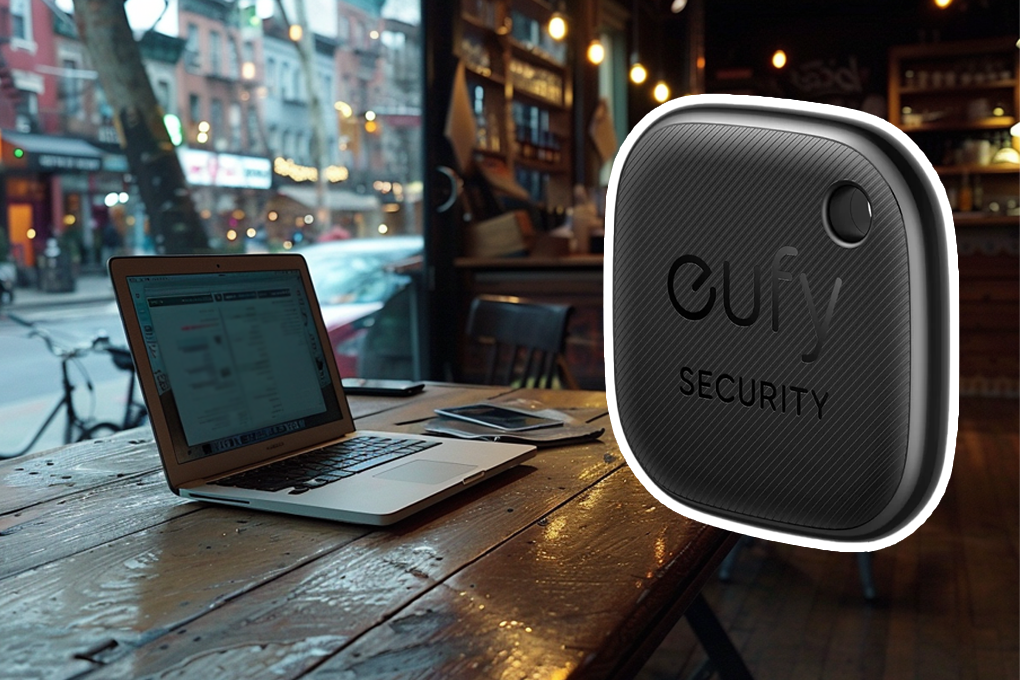Throughout human history, shady individuals have been trying to get one up on others by scamming them out of their hard-earned money. In days gone by, this could only happen if you left your house unlocked or unguarded, but these days it can be a threat no matter where you are.
Hackers, scammers, and viruses are getting smarter by the day, and it can seem like a hopeless cause to fight against the onslaught. No matter how smart and prepared we may feel, the unfortunate truth is that it’s possible for anyone to get caught in a scam.
That’s why it’s important to keep up to date on the best methods for preventing such attacks, and there is plenty of literature to consult to make sure you are as prepared as possible. Here, we will be looking at some of the best cyber security books that you can read to give you the knowledge you need to keep your electronic profile safe.
Contents
What is cyber security?
Cyber security can take on a wide range of forms depending on what device and network you’re using. Very basically, it is a form of protection against attacks from viruses, hackers, scammers, and similar malicious assaults on your cyber privacy. Knowing what to look out for and how to protect yourself against it can be overwhelming, and that’s why reading cybersecurity books can be a great way to arm yourself against possible threats.
We have also already covered some of the basics of cybersecurity for beginners, so we highly recommend reading that article to get an even better understanding of cybersecurity.
What Are The Most Common Types Of Cyber Attacks?
There are many types of cyber attacks, and anyone can be vulnerable to them. Whether you’re an average Joe, a giant company, a government agency, or a top politician, you are vulnerable to cyber attacks any time you’re online.
Businesses and large companies have often been the target of cyber attacks, and the cost of these attacks has sometimes ranged in the billions. This can be daunting for people looking to start a new business, and we covered some lessons you should learn if you’ve recently started a business or would like to do so.
You may think that you’re not worth the bother to hackers or that you’re protected by an antivirus, but the truth is that everyone can be a target. If you use the internet in any capacity, then you are at risk of cyber attacks.
That may seem like a scary prospect, but luckily there are steps you can take to make yourself less susceptible to these threats. Understanding the threat is of great importance, and that’s what we are aiming to achieve.
With so many types of cyber threats, it would be next to impossible to list them all here, but we will take a look at some of the most common ones and give a brief overview of what they are.
Malware
Malware is possibly the most common form of cyber attack. Even if you’re not super familiar with what it is, you’ve probably heard the name and probably also come into contact with it at some point in your life.
Very basically, malware is a piece of software that is specifically designed to access or damage your network. This in itself can take various forms, but a common type of malware would be a virus. We will find out a lot more about malware as we look at some of the books about cyber security we have for you.
Ransomware
We mentioned that there are different types of malware, and ransomware is one format that is particularly frightening. No one likes to be blackmailed, which is essentially what ransomware accomplishes.
Using malware, an attacker can lock you out from your own files or network and then, as the name suggests, demand a ransom to give you back access.
Hackers can also bluff and claim they have personal information while not having anything at all. This can scare unwitting victims into panicking and giving the hackers what they want, making it imperative to remain calm during a ransomware attack.
Phishing
A day out fishing can be a fun and relaxing experience, but there is nothing fun about phishing cyber attacks. Phishing involves someone sending out a message designed to trick you into giving out details or login information.
People using phishing methods rely on people being a trusting and off guard, which makes it all the more dangerous. Savvy internet users may think they are too smart to fall for this kind of trick, but sometimes it can be easier than you think if you’re not paying full attention.
DDos Attack
A DDos attack sounds pretty fancy, but it can be a debilitating form of cyber attack. The term stands for ‘distributed denial of service,’ and has been used a lot in recent years.
Using a DDos attack, hackers can take down a server by flooding it with false requests to overload it and bring it down. If done right, hackers can take down huge websites and even corporations.
With the right knowledge, a DDos attack can be relatively easy to perform if the victim doesn’t have the right security. DDos attacks have ranged from assaults on giant corporations to angry gamers taking down the online services of huge game companies.
Zero-day exploit
The term zero-day exploit sounds like it could be the title of a science fiction film, but it is a very real threat and an interesting example of cyber attacks.
No matter how well-designed a program or code might be, it’s possible that flaws and vulnerabilities may go unbeknownst to the designers. These flaws may only present themselves under very specific circumstances, but if these circumstances are met then there is room for hackers to exploit them.
When these flaws present themselves, developers will likely work fast to fix them, but it may be too little too late and the damage may be done by the time this unforeseen flaw is mended.
This is just a very small sample of the many types of cyber attacks that can occur, and more join the list every day. The books we will soon look at will cover these and many other kinds of cyber threats as well.
Understanding Cyber Attacks Can Teach You How To Protect Yourself Online
There’s an old saying that goes “people fear what they don’t understand.” When it comes to cyber-attacks this changes a bit, as the less you understand it, the more susceptible you are to it.
As with many obstacles, your best form of defense is to arm yourself with knowledge. We have seen so far that cyber attacks can come in many different forms, and it can seem helpless to stay one step ahead of all these threats.
Luckily, we have a selection of 15 of the best cyber security books that will teach you more about cyber attacks and how you can protect yourself. These books range from beginner’s guides on the subject to advanced handbooks that get down to the details of cyber attacks and how they work.
We’ve also included a few books that deal with the history of cyber security and encryption. No matter what level you may be at, there is something for everyone on this list.
Best Books On Cyber Attacks
Book #1. The Art of Invisibility: The World’s Most Famous Hacker Teaches You How to Be Safe in the Age of Big Brother and Big Data by Kevin Mitnick
Who could be a better teacher than someone who was once on the side of the enemy? This is the case with the author of The Art of Invisibility. The cover of the book itself claims Kevin Mitnick as “the world’s most famous hacker,” and one look at his history makes this seem entirely accurate.
This book takes an interesting approach to the subject, and it focuses on just how much is revealed about you online without your knowledge. With practical advice from one of the most notorious former hackers in history, you’ll definitely want to read through this one if you care about preserving your anonymity.
Book #2. Hacking: The Art of Exploitation by Jon Erickson
For people who learn best with practical exercises, Hacking: The Art of Exploitation by Jon Erikson may be for you. The author is an expert with formal education in computer science, and he claims to have been hacking since he was 5 years old!
What makes this book is that it includes a LiveCD that has a Linux programming and debugging environment. This won’t alter your own operating system, but it will allow you to replicate what you’re learning in the book in a practical way.
This book would be most recommended for fairly advanced readers, but it’s a great source of knowledge to understand the specifics of how hacking works.
Book #3. Social Engineering: The Science of Human Hacking by Christopher Hadnagy
Earlier, we mentioned that no matter how smart you may be, you can still be susceptible to tricks and scams. That is something that Social Engineering by Christopher Hadnagy looks at, and it shows that cyber attacks aren’t always about fancy viruses or malware.
He looks at how human error can be manipulated to give out information that can harm you, and provides examples and explanations on how this happens and how you can prevent it.
This is a great book for people who are interested in the psychology behind cyber attacks.
Book #4. Blue Team Handbook: Incident Response Edition: A condensed field guide for the Cyber Security Incident Responder by Don Murdoch
Our next book, Blue Team Handbook by Don Murdoch, lives up to its name as a resource that can be used in practical situations. This is a reference guide on many different facets of cyber security, providing examples and breakdowns of each one.
This is another book that would be recommended for people who already have some knowledge of cyber security. It would be a fantastic resource for anyone in the business of cyber security to have in their arsenal as a comprehensive reference guide.
Book #5. CYBER SECURITY: Ultimate Beginners Guide to Learn the Basics and Effective Methods of Cyber Security by Michael Steven
If the previous book was a bit too advanced and you need something on a more beginner level, Cyber Security by Michael Steven could be a better fit for you.
This book uses true stories to illustrate the basics of common cyber attacks and what can be done to prevent them. While advanced readers may not get as much out of this book, it’s a great place to start before moving on to more in-depth books on the subject.
Book #6. From CIA to APT: An Introduction to Cyber Security by Edward G. Amoroso
From CIA to APT by Edward G. Amoroso is a book that aims to sit somewhere between being advanced and friendly for beginners. The book description mentions how books on cyber security are either super advanced or too simplistic with a little grey area.
This one aims to cover that gray area, providing a great introduction for those new to cyber threats and those with a bit more of a working knowledge.
We would recommend this book to people who are fairly new to the subject but not afraid to challenge themselves with some more advanced information.
Book#7: Cybersecurity Essentials by Charles J. Brooks
The next book, Cybersecurity Essentials by Charles J. Brooks, functions as a comprehensive guide to all things cybersecurity. It covers 4 fundamental aspects of cybersecurity in detail, providing examples that help to illustrate each concept.
With learning objectives and exercises to take on, this is a great read for anyone wanting to take on cyber security on a more academic, hands-on level.
Book 8: Cuckoo’s Egg by Cliff Stol
The Cuckoo’s Egg by Cliff Stol has one of the most unique titles on this list and also happens to tell one of the most unique stories. This book isn’t as much an overview of the fundamentals of cybersecurity as it is a history.
It tells the story of the author’s battle against one of the earliest known hackers. The story premise sounds like it could have come from the mind of Tom Clancy, but it’s a fascinating set of events that happened in real life.
While an entertaining read, it also provides great insight into cyber security while also covering its earlier origins.
Book 9: Evidence-Based Cybersecurity: Foundations, Research, and Practice by Dr. Pierre-Luc Pomerleau and David Maimon
We’ve covered a few different books that are good for beginners, but the next book, Evidence-Based Cybersecurity by Dr. Pierre-Luc Pomerleau and David Maimon, is one that is again a bit more advanced.
Anyone wanting to know more about the inner workings and structure of not only cyber attacks but the infrastructure that allows them will find a lot of interesting information within this book
The two authors are both experts on the subject that share their expertise on this complex subject.
Book 10: Cybersecurity for Business: Organization-Wide Strategies to Ensure Cyber Risk Is Not Just an IT Issue by Larry Clinton
Businesses are some of the biggest targets of cyber attacks, and Cybersecurity for Business by Larry Clinton covers the topic from this perspective. A cyber attack can be a devastating blow to any business, so staying informed is essential for managers and business owners in this day and age.
Anyone who runs or is part of any kind of business should definitely pick up this book to find out how cyber attacks generally function in a business context and what can be done to prevent them.
Book 11: Ethical Hacking: A Hands-on Introduction to Breaking In by Daniel G. Graham
Hacking may seem like an objectively bad thing, but it can also be used for good. This is covered in Ethical Hacking by Daniel G. Graham, which provides an interesting perspective on the subject.
Most of the other books in this list cover the topic using examples and explanations, but this one aims to actually show you how many hacking techniques are done.
This book would be a good choice for anyone who wants a more technical understanding of cyber attacks or who may want to delve into the practice themselves.
Book #12: Practical Malware Analysis: The Hands-On Guide to Dissecting Malicious Software by Michael Sikorski and Andrew Honig
Earlier in this review, we spoke about how malware is one of the most prevalent forms of cyber attacks. This book, Practical Malware Analysis by Michael Sikorski and Andrew Honig, brings the focus onto this subject.
Malware is constantly changing and evolving, and this book seeks to give you an understanding of how it works. The book also contains several practical exercises that can be used to deconstruct and analyze malware samples.
This is an excellent handbook for anyone who wants a deeper understanding of how malware operates and how to prevent infection.
Book #13: Cyber Wars: Hacks that Shocked the Business World by Charles Arthur
Next up, Cyber Wars by Charles Arthur is another book that can help you to understand cyber-attacks while also being an entertaining read. Rather than a more technical analysis of cyber attacks, Cyber Wars instead tells the story of various famous cyber attacks in recent years.
These fascinating stories range from attacks on giant corporations that cost them billions of dollars to politically motivated attacks that influenced the outcome of the 2016 US election.
Not only does this book cover these stories, but it also looks at some mistakes that were made that made these attacks possible and how they could have been avoided.
Book #14: The Code Book: The Science of Secrecy from Ancient Egypt to Quantum Cryptography by Simon Singh
For people who are interested in the history of encryption and hacking, The Code Book by Simon Singh is definitely a must-read. This book is a bit of an outlier from the ones we have already looked at, as it focuses less on modern-day encryption and code-breaking.
That aspect means it may be less relevant to people engaged with modern cyber security, but it’s still a fantastically informative read for anyone with an interest in the subject.
It focuses on codes and code breaking dating back all the way to ancient Egypt and covers instances that are closer to the modern age. Having an understanding of the history of codes, encryption and hacking can help a lot with understanding it in a modern context, making this a great pick for anyone fascinated with the subject and its beginnings.
Book #15: Cybersecurity For Dummies by Joseph Steinberg
The For Dummies series has become a household name when it comes to informative beginner’s guides on pretty much every subject you can think of. Cybersecurity For Dummies by Joseph Steinberg continues this trend, and it is a great starting point for anyone wanting to learn more.
This book is a great resource whether you are an individual wanted to secure your home network or running a business that needs protection from cyber threats.
In typical For Dummies fashion, the book is a user-friendly yet comprehensive guide to understanding the subject of cyber security.
Conclusion
With this list, we wanted to show you some of the best books on cyber security for beginners and advanced users alike. This selection of books should have cyber security enthusiasts of all levels covered, and we’re sure there will be at least one on the list that will catch your eye!
Whether you want a deeper understanding of cyber security threats, want to learn how to deal with them yourself, or just want to read some interesting stories involving cyber attacks, you will find it in this list of excellent books.
We’re sure that by the time you have read your favorites from the list you will be well on the way to having a deeper understanding of the complex world of cyber-security.
Here are all our top picks for cyber security books listed by price:
